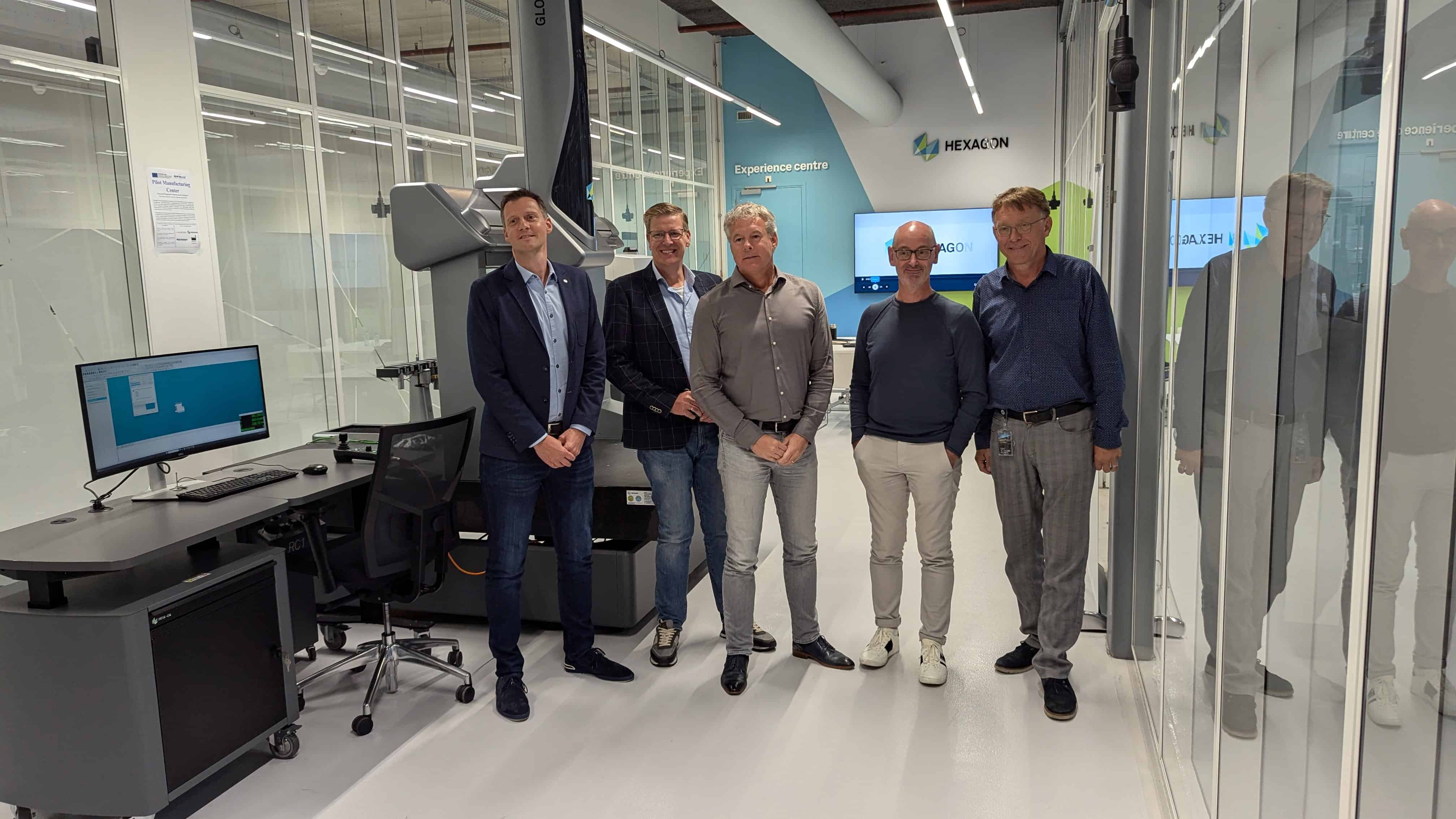
With a sharper focus on pivotal technologies and ‘control points’ in global value chains, Dutch innovation policy can significantly contribute to a safer, healthier, more sustainable, and prosperous nation. In a recent paper by TNO, the Netherlands Organization for Applied Scientific Research, the pivotal role of the high-tech and manufacturing sectors in driving Dutch innovation is highlighted. The paper, titled “Hightech- en maakindustrie als de innovatiemotor voor Nederland,” offers insights into the challenges and prospects in the face of a rapidly changing global scenario.
- TNO’s paper highlights the critical role of the high-tech and manufacturing sectors in driving innovation in the Netherlands.
- It emphasizes the need to focus on pivotal technologies and control points in new global value chains where the Netherlands can establish leadership.
- Effective collaboration between industry, academia and government is crucial to boost innovation and rapidly achieve sustainability goals.
TNO projects that by 2040, half of the total revenue in the high-tech sector will emerge from new value chains that don’t exist today. The existing technological specializations offer a robust foundation, but the real challenge is sustaining a leadership position amidst swift global shifts, especially when Northwest Europe is no longer the EU’s value-creation epicenter.
The paper accentuates the need for a holistic innovation strategy, encompassing everything from fundamental research to valorization and entrepreneurship. While the Netherlands shines in fundamental research, there’s a pressing need to bolster the latter stages of the innovation chain.
Control points
Key to this strategy is a sharper focus on pivotal technologies and ‘control points’ in global value chains. Control points are crucial, hard-to-replace high-tech links in value chains that are often highly knowledge-intensive. By adopting this long-term vision, Dutch innovation policy can significantly contribute to a safer, healthier, more sustainable, and prosperous nation.
Three promising control points in new value chains have been identified:
- Energy Storage: The Netherlands, with its prowess in crafting complex machines, might not compete in large-scale battery production. However, the next generation of solid-state batteries presents a golden opportunity for technological investment and innovation.
- Optical Satellite Communication: Laser satellite communication, leveraging optical signals, promises faster and more secure data traffic than existing radio frequencies. With the Netherlands leading in optical communication, this domain offers immense potential.
- AI & Photonic Chips: The rise of AI will exponentially increase global data usage. The Netherlands stands out in integrated photonics. Photonic chips, which use nanoscale light signals for data transmission, are faster and more energy-efficient than their electronic counterparts. Investing in technology and equipment for producing machines for these photonic chips is a promising avenue.
More effective
Moreover, the paper emphasizes the urgency of a more effective innovation chain. While the industry is invaluable for the Netherlands, it’s also a significant CO2 contributor. Achieving rapid sustainability is paramount, necessitating a joint effort from corporations, academic institutions, and the government. Current technologies won’t suffice to meet climate objectives; hence, innovation and R&D are indispensable.
In conclusion, TNO’s paper underscores the high-tech and manufacturing sectors’ instrumental role in propelling Dutch innovation. The Netherlands can chart a path toward a brighter, sustainable future by addressing innovation chain gaps and concentrating on pivotal technologies.








